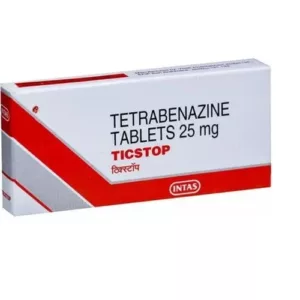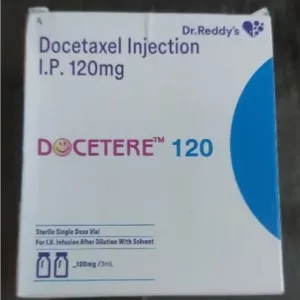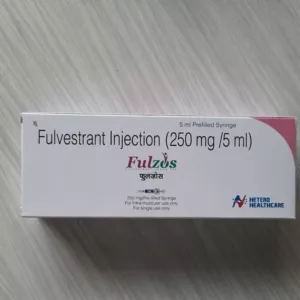This test is performed when symptoms of a sodium imbalance are present or when disorders associated with abnormal sodium levels develop. Sodium (Na+) is the primary positive ion in the fluids outside cells. The sodium concentration inside cells is only about five mEq/L compared with 140 mEq/L outside. The sodium content of the blood results from a balance between the amount of food and beverages you consume and the amount your kidneys excrete. (In addition, a small percentage is lost through stool and sweat.) Many factors affect sodium levels, including the steroid hormone aldosterone, which decreases the loss of sodium in the urine. ANP (Atrial Natriuretic Protein) is a hormone secreted from the heart that increases sodium loss in the body.
Despite the integral relationship between sodium and water, the body regulates them independent of each other if necessary. Potassium (K+) is the primary positive ion within cells and is particularly important for maintaining the electric charge on the cell membrane. This charge allows nerves and muscles to communicate and is necessary for transporting nutrients into cells and waste products out of the cell. The potassium concentration inside cells is about 30 times that in the blood and other fluids outside of cells. The steroid hormone aldosterone mainly controls potassium levels. Aldosterone is secreted from the adrenal gland when levels of potassium increase. Aldosterone, in turn, causes the body to rid itself of excess potassium. Metabolic acidosis (for example, caused by uncontrolled diabetes) or alkalosis (for example, caused by excess vomiting) can affect blood potassium. In ordinary people, taking potassium supplements or potassium-containing drugs is of no consequence because the kidneys efficiently dispose of extra potassium.











